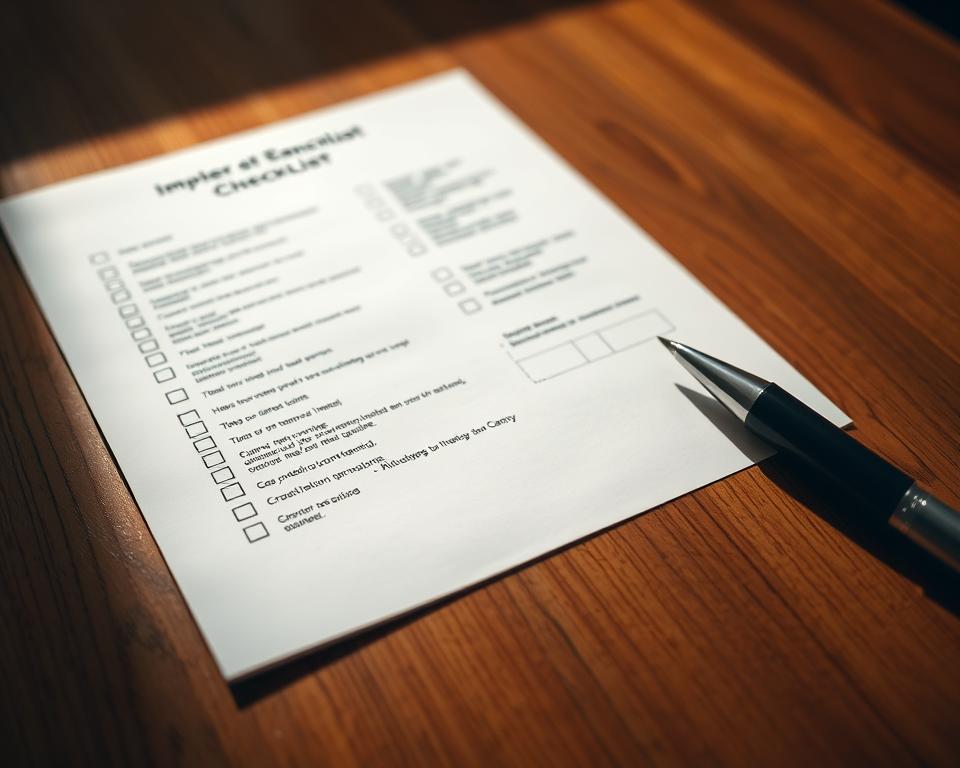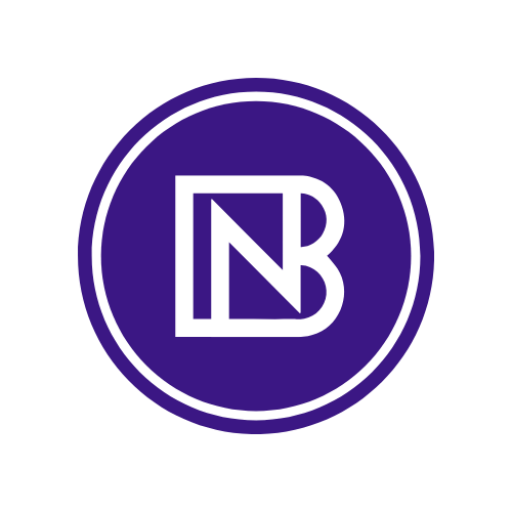Advertisements
Are you ready to navigate a rapidly changing world without losing your way? This guide gives you a clear map for 2025. Here you will learn what a checklist, why it's useful and how to use it to make better, safer decisions.
The approach is practical and accessible. You'll learn simple steps on finance, technology, cybersecurity, aviation, and community life.
Each block includes mini-steps and real-life examples. We don't promise magic solutions; we give you criteria to assess your context and adapt the content to your life.
How to read this post: follow the sections in order or use the index as a window to go directly to what you need today.
The goal is for you to gain insight and judgment. Share what you've learned with your community and improve your daily habits with common sense and responsibility.
Introduction: Why a Society Checklist Will Help You in 2025
Your Society Checklist is a practical tool for prioritizing in 2025. In a time With rapid changes, a clear framework allows you to make decisions with less fuss and more discretion. This reduces decision fatigue and helps you prioritize what protects your day-to-day life.
The context combines transformation of work and employment, new technologies in your day-to-day, and more exposure to digital risks. Social expectations change depending on the age and the values of each group. Rules, hierarchies, and power structures influence everyday choices and community safety.
A recent insight shows advances in AI that analyze animal communication patterns. This raises questions about how we view the world and our relationships. This news invites us to look at reality from a different perspective. view and keep a cool head (head) when interpreting changes.
How to use the guide: read it from start to finish or skip ahead window on topics that interest you. Apply basic steps, note what works, and review ethical and legal boundaries. This material is informative; it does not promise absolute certainties: every story and context is different.
Your Society 2025 Checklist: Key Areas and Practical Steps
Organize actions by areas and take simple steps to protect your routine. Here, you'll find practical measures for finances, technology, values, and travel, plus ideas for shared spaces and a global perspective.
Finance and employment
Define an emergency fund and record income and expenses on a simple sheet of paper.
Build your employability with basic digital skills before accepting a job; compare the benefits and risks; and avoid high-interest debt.
Technology and cybersecurity
Enable two-step verification, use unique passwords, and back up your data monthly.
Avoid suspicious links and protect your connection on public Wi-Fi; these habits reduce risks to people and devices.
Values, relationships and rules
Recognize that every society has norms and hierarchies. Compare external expectations with your values.
Brittany Tucker's story shows how to redesign your way: set boundaries in relationships and communicate clearly.
Spaces, travels and perspective
- Travel: valid passport, digital copies, and compliance with rules.
- Shared spaces: Mini daily, weekly, and monthly checklists for an organized member society.
- Global View: Uses advances in AI like Window to challenge biases and improve coexistence in this world.
Start with two actions each morning, save key documents and prepare a kit with essential stuff.
How to implement your Society checklist and maintain it over time
Putting your plan into action requires clear steps and easy-to-maintain routines. Start by defining real, short cadences that you can sustain each morning and throughout the week. This turns intentions into habits and reduces burnout.

Design your cadence: daily, weekly, and monthly
Think in chunks: 10-15 minutes daily for critical tasks (checking backups, phishing inbox, daily payments).
Reserve weekly blocks for deep cleaning, waste management, and minor maintenance. Schedule a monthly checkup for inspections, HVAC, and exterior cleaning with the head clear.
Measure, adjust, and share with your community
Measure with simple indicators: incidents resolved, critical tasks completed time, planned vs. actual expenses and satisfaction of the people involved.
- Use a visible template or a type app window to mark what has been done and note down blocks.
- Adjust with evidence: reduce frequency if something is not contributing; reassign the job if there are recurring failures.
- Define those responsible for each area (finance, digital, home) and that each member know what and when to act.
Implement bi-weekly 1-1 reviews and monthly meetings to align priorities and review the world Risk management. Provide minimal resources and encourage micro-training. Consult specialists when the situation is beyond your capacity: accountants, cybersecurity technicians, or competent authorities.
Conclusion
This post closes by proposing simple and realistic actions. A good one checklist It gives you clarity and reduces errors, but it's not foolproof. Adjust what you do as your life, you age and your context.
Think critically: Compare this material with official sources and your own evidence. If something doesn't fit with your story, modify it to work in your environment.
Each member society has different rules and resources. Adapt the implementation to your building, neighborhood, or team and prioritize the common good.
Next steps: Choose three actions for this week and put them in your window of tasks visible. Organize your stuff essential: documents, contacts and backups.
Share what worked and what didn't with others member. Review monthly what you have learned about this world and seek out specialists (legal, financial, technological, or aviation) when you have questions. Being informed is taking care of yourself.



